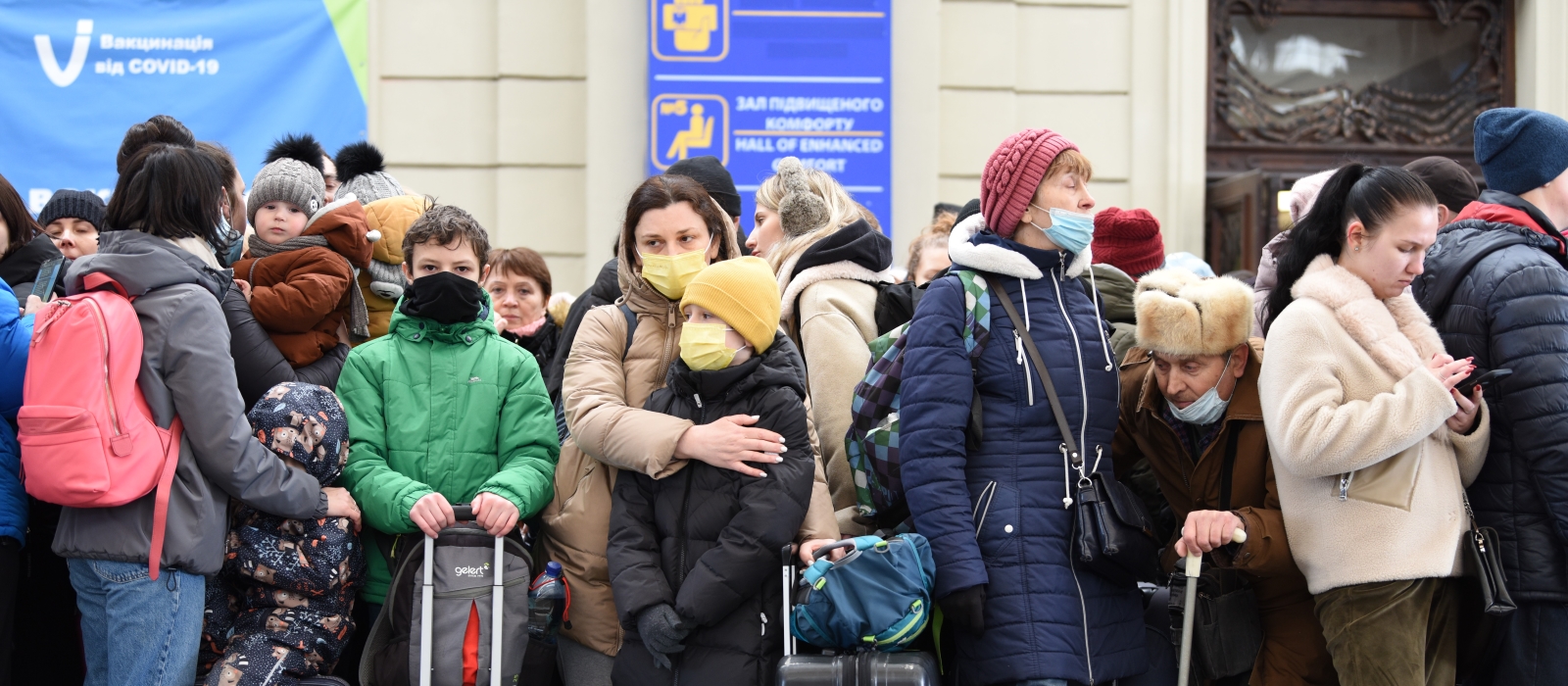Russia’s War in Ukraine has set an entire region in motion. Millions of Ukrainians have fled their homes, sheltering in metro stations and steel plants in their country or fleeing across borders to major European cities and overseas to Canada. Half of Ukraine’s children have already been displaced and Ukrainian leaders have warned that the war may eventually displace half the country’s population. Eurasian states have witnessed an influx of not only Ukrainians but also Russians, the latter leaving a country that provoked war and is now under tight authoritarian rule and sanctions.
The ongoing crisis of displaced communities, migrant workers, and trafficked persons from within Ukraine and Russia will continue to preoccupy policymakers at national and local levels, as well as international and community NGOs and ordinary citizens. This Connection Grant project will bridge policymakers, academics, government, and NGO partners to those affected directly by the conflict. A long overdue trend in the field, we turn to refugee participation to consider those displaced as active agents in their trajectories. It is critical that their voices be amplified.
Our project includes scholars at risk and emerging scholars displaced by the war, colleagues from Europe and Ukraine, as well as displaced persons invited by our partners to address a workshop held at the Global Centre for Pluralism’s (GCP) headquarters on November 3-4, 2022. This workshop investigated the openings and the challenges for diversity, tolerance, and pluralism as refugees and IDPs–themselves not an undifferentiated mass—leave their homes and interact with host societies. The consequences of this displacement stretch to Canada. The Canadian government has intervened with supplies and funding for the War in Ukraine, including provisions for refugees. Canada’s active Ukrainian diaspora, and its growing number of allies, are working to ease the settlement of those fleeing a brutal invasion. Canadian government officials participated in our workshop and we heard from representatives of local settlement organizations.
This workshop examined the movement of millions of Ukrainians and others affected by Russia’s invasion, as they shelter within the country or move across borders, from neighbouring Eurasian states to the European Union and Canada. Refugees, representatives of refugee organizations, and scholars-at-risk joined emerging and established experts to highlight refugee agency, as well as the reactions of host societies.
The original November 3-4 conference program:
